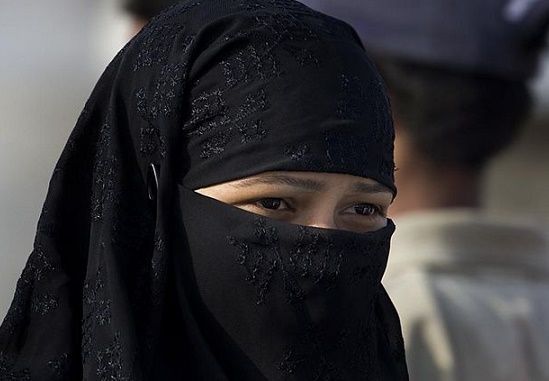By a comfortable majority of 70 to 30, the Danish parliament voted today to implement a law banning various sorts of headgear from public spaces.
READ ALSO: Government agrees to ban burkas … and Darth Vader helmets?
However, as is abundantly clear, the law has primarily been designed to prevent Muslims wearing the burqa and niqab, although technically it also applies to false beards, masks and hoods that cover the face.
The new law will come into force from August 1.
No to prison at least
Socialdemokratiet’s Mette Gjerskov and all the Liberal Alliance MPs except Henrik Dahl voted against the ban, reports Politiken. Gjerskov was the only member of Socialdemokratiet to vote no to the controversial law.
During the debate, the government dropped its demands for a prison sentence for those convicted of flouting the law.
Instead, a fine of 1,000 kroner will be payable for a first offence, rising to 10,000 kroner for a fifth offence.
Earlier in the week, Dansk Folkeparti submitted an amendment that would send repeat offenders to jail, but it was unable to assemble a majority around it. Despite that, DF voted for the package anyway.
















